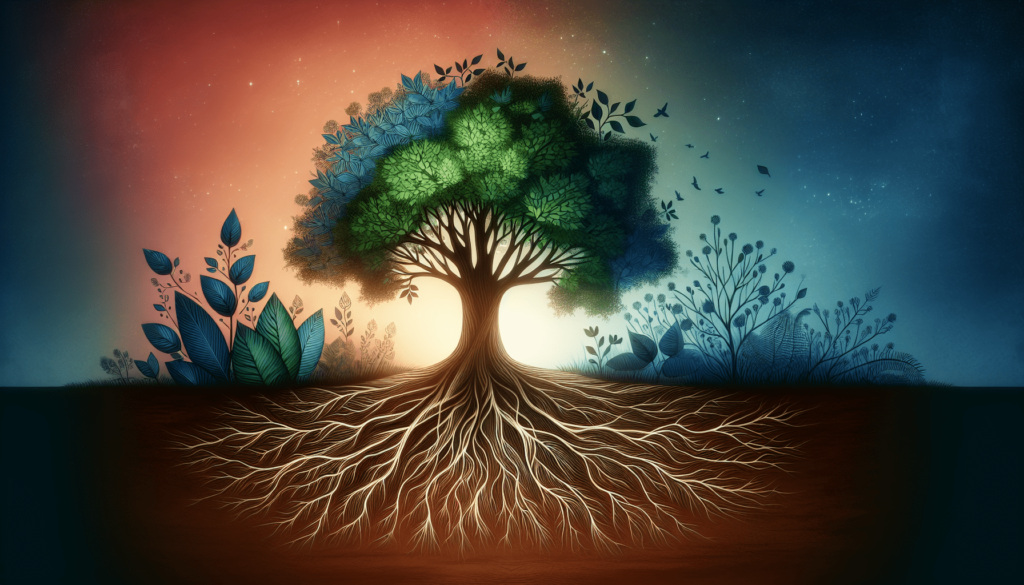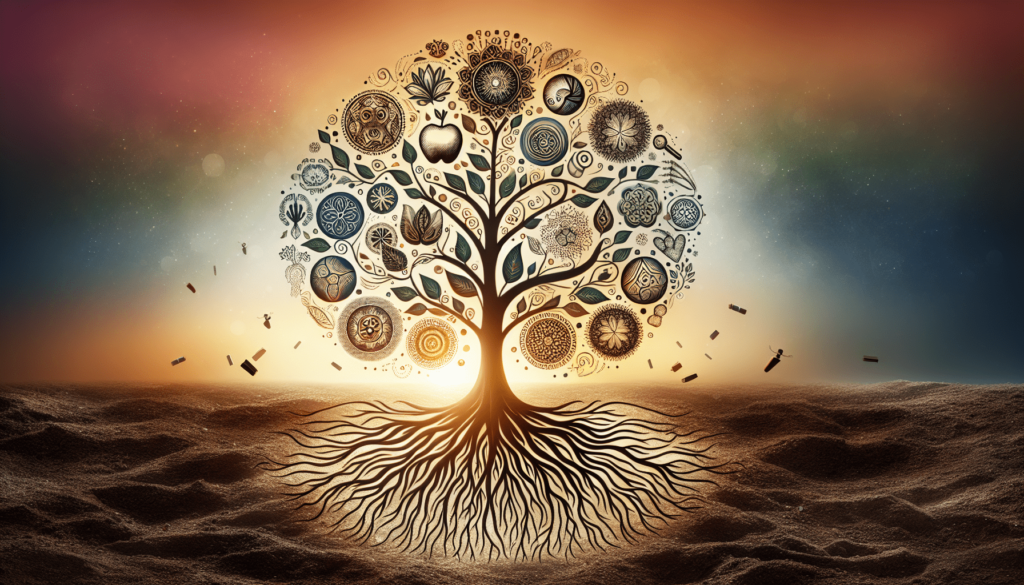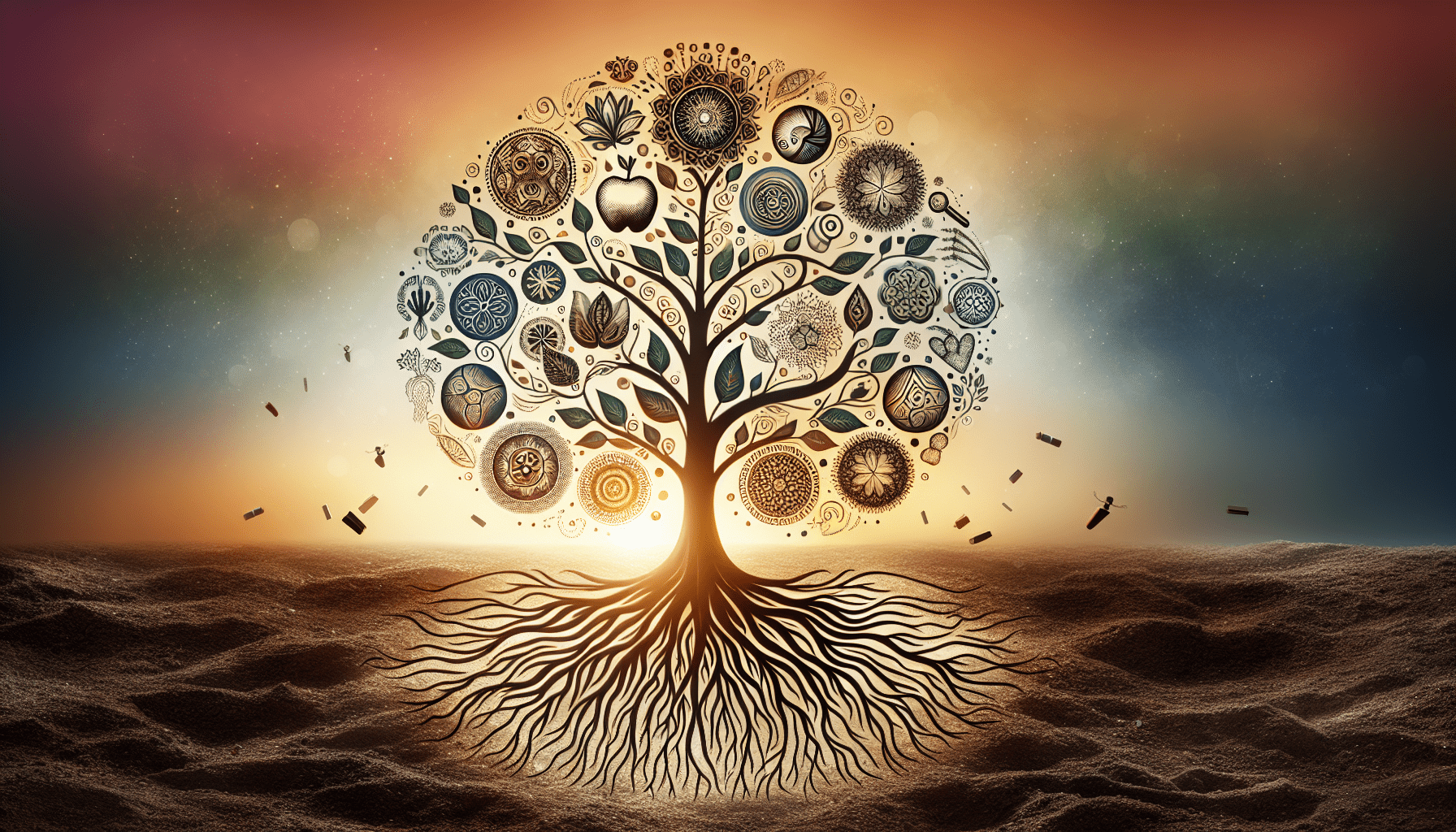Have you ever wondered how traditional education can incorporate holistic wisdom into its curriculum? In today’s fast-paced world, it’s important to recognize the importance of not just academic knowledge, but also emotional intelligence, mindfulness, and personal growth. This article explores the concept of cultivating holistic wisdom in modern education and how it can benefit students in the long run.
The Importance of Holistic Wisdom in Education
When we think of education, we often focus on academic achievement and success in standardized tests. However, true education goes beyond just memorizing facts and figures. It should also include the development of emotional intelligence, self-awareness, and empathy. By cultivating holistic wisdom in education, students are better equipped to navigate the complexities of the world and become well-rounded individuals.
Why Traditional Education Falls Short
Traditional education systems often prioritize academic performance over personal growth and well-being. While it’s essential for students to excel in subjects like math and science, the focus on test scores can lead to a neglect of other important skills. This narrow approach to education can result in students who are academically successful but lack the emotional intelligence and critical thinking skills necessary for success in the real world.
The Benefits of Holistic Education
Holistic education aims to nurture the whole child by addressing their academic, emotional, social, and physical needs. By incorporating holistic wisdom into the curriculum, students are encouraged to develop a deeper understanding of themselves and the world around them. This approach to education can lead to improved mental health, stronger interpersonal relationships, and a greater sense of purpose and fulfillment.
Developing Emotional Intelligence
One of the key components of holistic education is the development of emotional intelligence. This involves recognizing and managing one’s own emotions, as well as understanding and empathizing with the emotions of others. By fostering emotional intelligence in students, educators can help them build strong relationships, communicate effectively, and make sound decisions based on empathy and understanding.
Cultivating Mindfulness and Self-Awareness
Mindfulness and self-awareness are essential skills that can benefit students both inside and outside the classroom. By practicing mindfulness, students learn to focus their attention, regulate their emotions, and reduce stress and anxiety. Self-awareness, on the other hand, involves recognizing one’s own strengths, weaknesses, and values. By cultivating these skills, students can enhance their overall well-being and develop a greater sense of self-confidence and resilience.

Strategies for Cultivating Holistic Wisdom in Modern Education
Incorporating holistic wisdom into modern education requires a shift in mindset and approach. Educators must move away from a purely academic focus and prioritize the holistic development of students. Here are some strategies for cultivating holistic wisdom in the classroom:
Integrating Social and Emotional Learning (SEL)
Social and emotional learning (SEL) programs are designed to help students develop essential life skills such as self-awareness, social awareness, relationship building, and responsible decision-making. By integrating SEL into the curriculum, educators can create a supportive and inclusive learning environment where students feel valued and understood.
Promoting Critical Thinking and Creativity
Critical thinking and creativity are vital skills that are often overlooked in traditional education. By encouraging students to think critically, ask questions, and explore different perspectives, educators can help them develop a deeper understanding of complex issues and become more innovative problem-solvers. Creativity, on the other hand, allows students to express themselves, think outside the box, and generate new ideas and solutions.
Providing Opportunities for Self-Reflection
Self-reflection is a powerful tool for personal growth and development. Educators can encourage students to reflect on their thoughts, feelings, and actions through journaling, mindfulness exercises, and discussions. By providing opportunities for self-reflection, students can gain a deeper understanding of themselves, their values, and their goals, leading to greater self-awareness and personal growth.
Emphasizing Experiential Learning
Experiential learning is a hands-on approach to education that allows students to learn by doing. By engaging in real-world experiences, such as internships, community service projects, and field trips, students can apply their knowledge in practical settings and develop valuable skills such as teamwork, problem-solving, and leadership. Experiential learning also helps students connect classroom learning to real-life situations, making the educational experience more engaging and meaningful.
Fostering a Culture of Diversity and Inclusion
Diversity and inclusion are essential aspects of holistic education. Educators can create a classroom environment that celebrates and respects the unique backgrounds, experiences, and perspectives of all students. By fostering a culture of diversity and inclusion, educators can help students develop empathy, tolerance, and respect for others, leading to a more harmonious and inclusive learning community.
The Future of Education: Cultivating Holistic Wisdom
As we look towards the future of education, it’s clear that cultivating holistic wisdom is essential for preparing students for success in a rapidly changing world. By incorporating a more holistic approach to education, we can empower students to become compassionate, resilient, and well-rounded individuals who are equipped to navigate the complexities of the modern world. Let’s work together to create a more inclusive, empathetic, and transformative educational experience for all students.
In conclusion, cultivating holistic wisdom in modern education is crucial for nurturing the whole child and preparing students for success in all areas of life. By prioritizing emotional intelligence, mindfulness, self-awareness, and critical thinking, educators can help students develop the skills and qualities they need to thrive in today’s complex and interconnected world. Let’s continue to advocate for a more holistic and inclusive approach to education that empowers students to reach their full potential and make a positive impact on the world around them.


